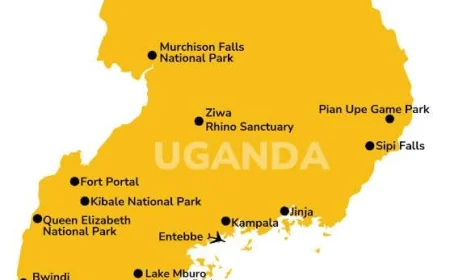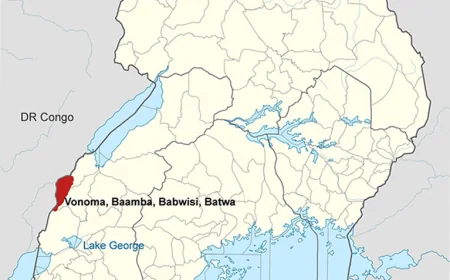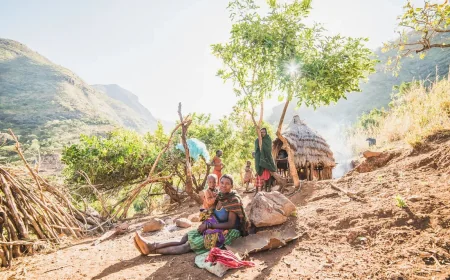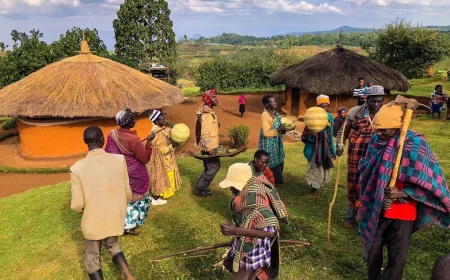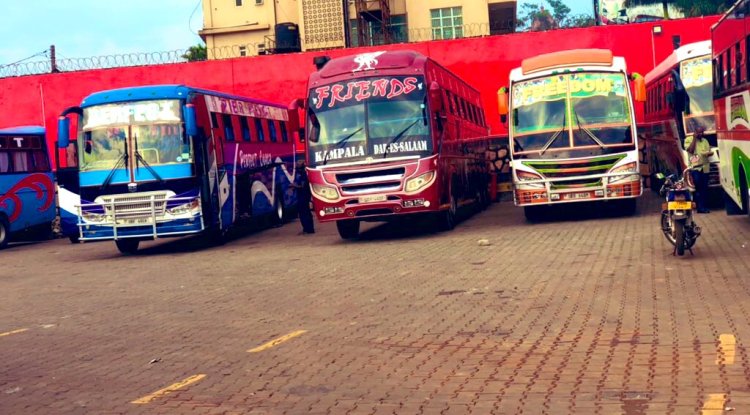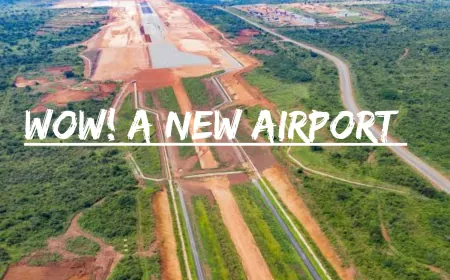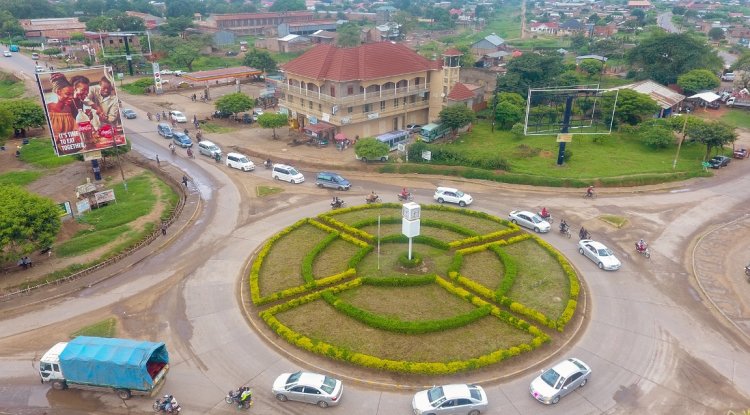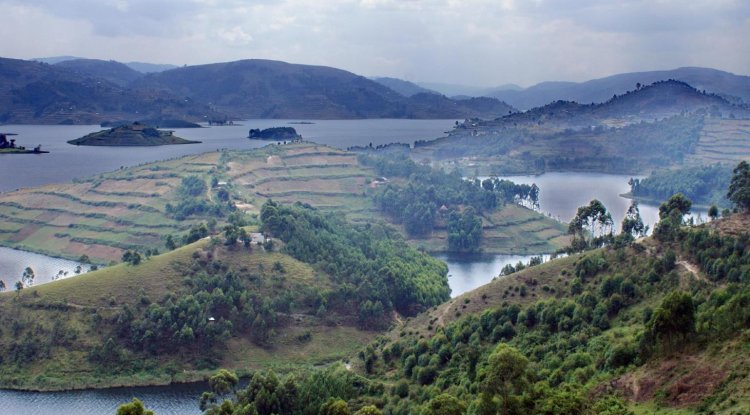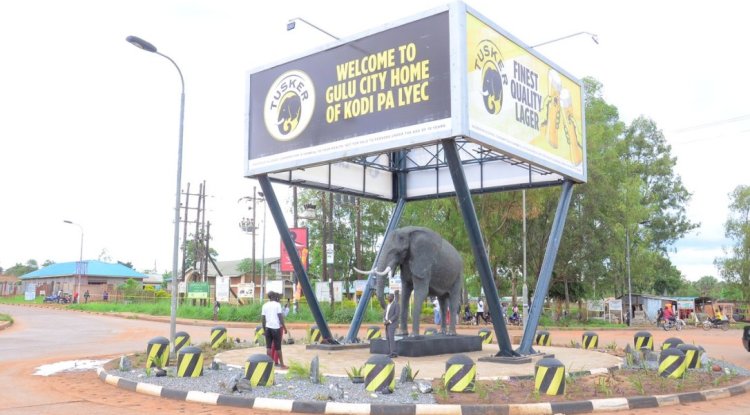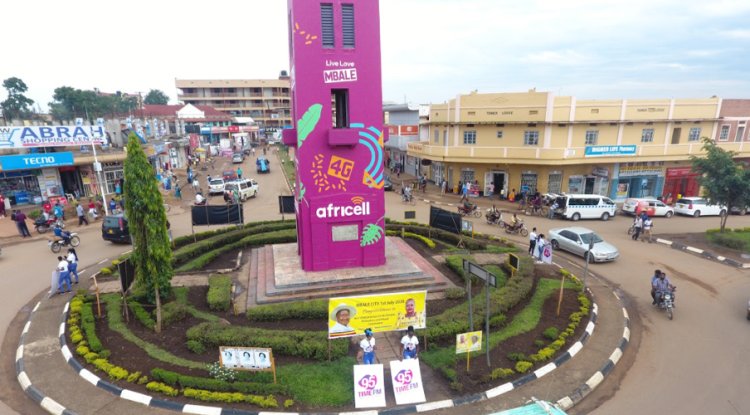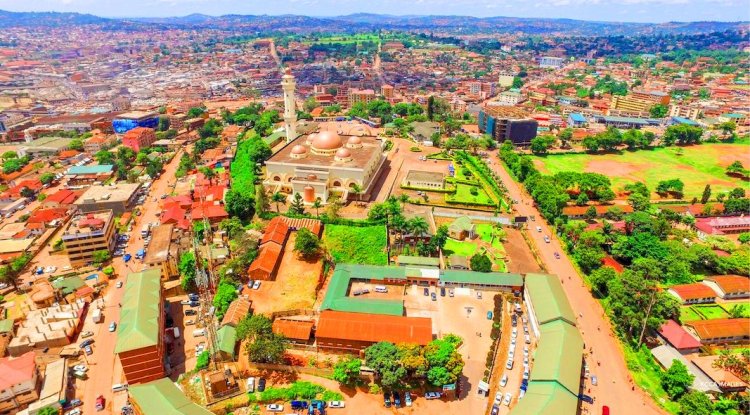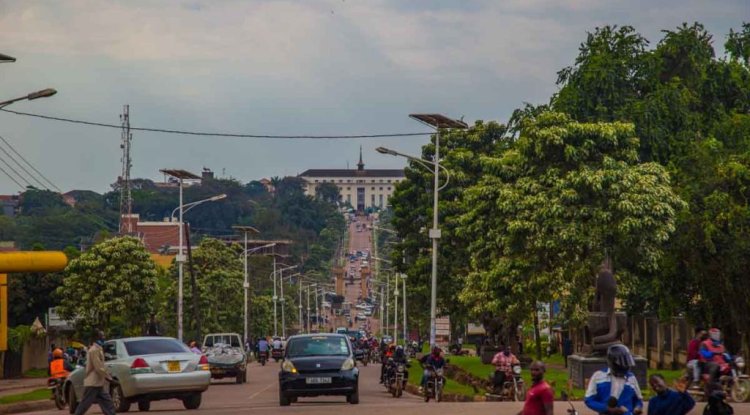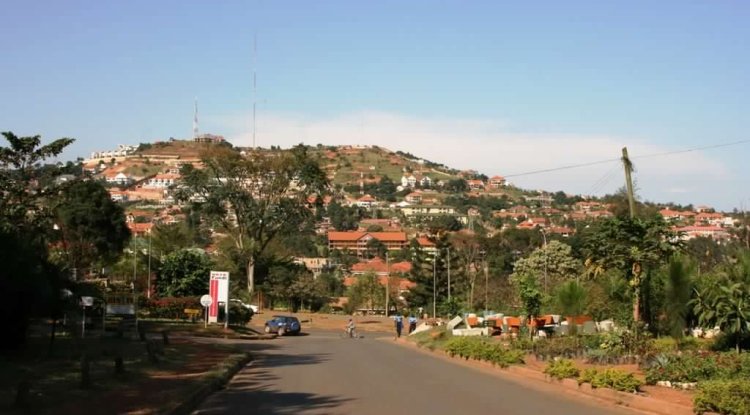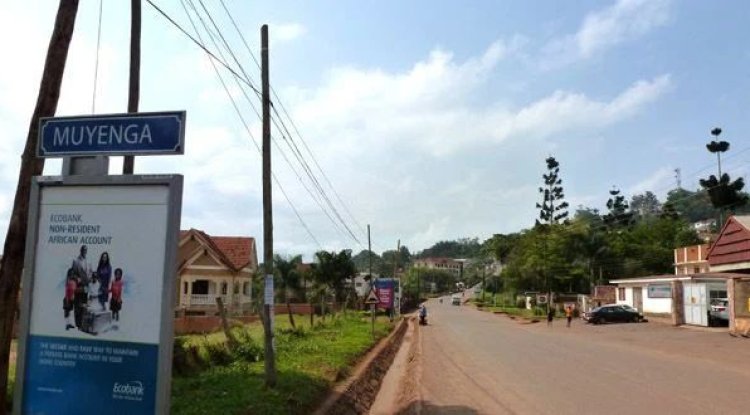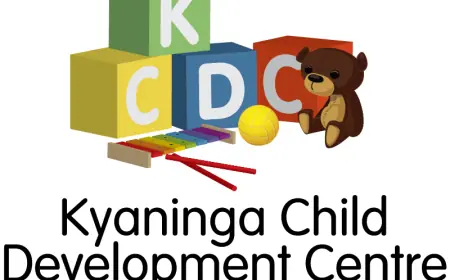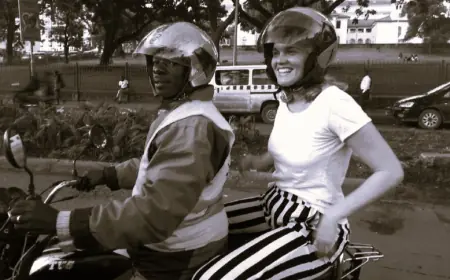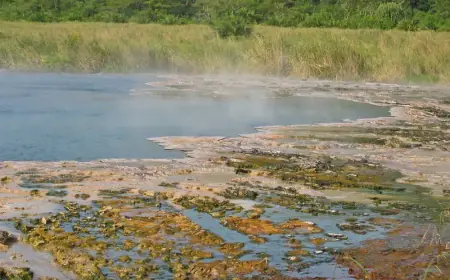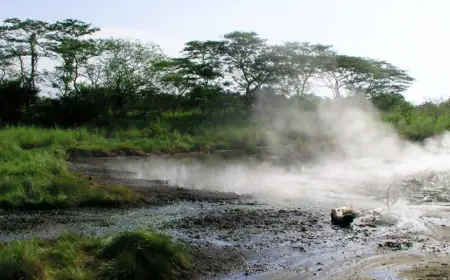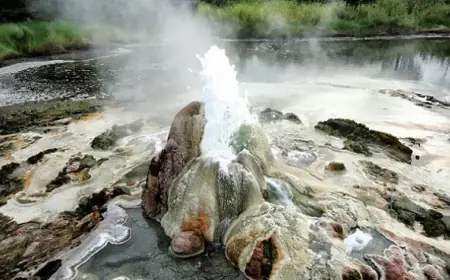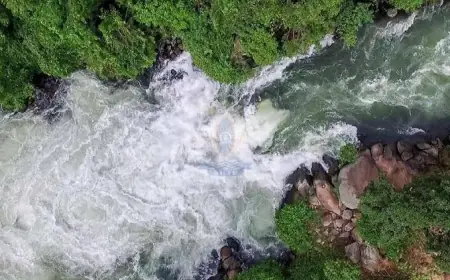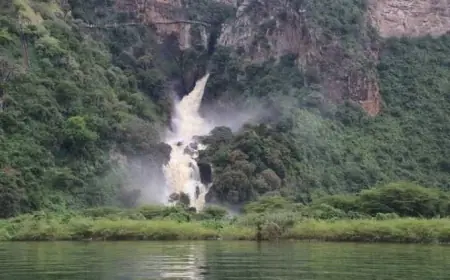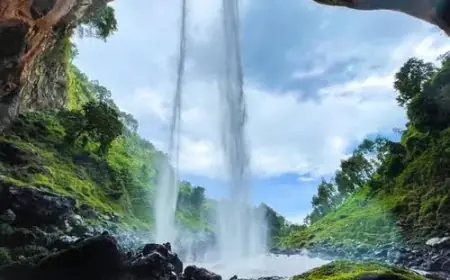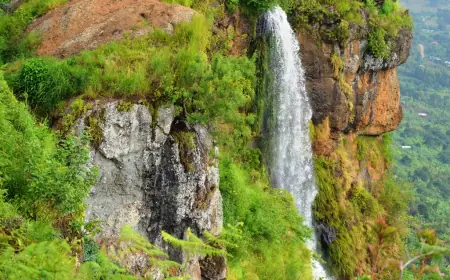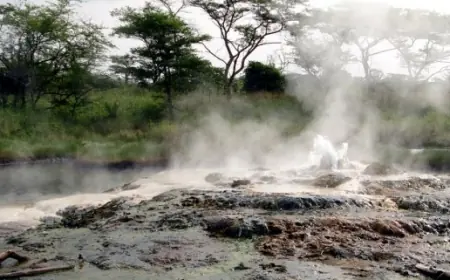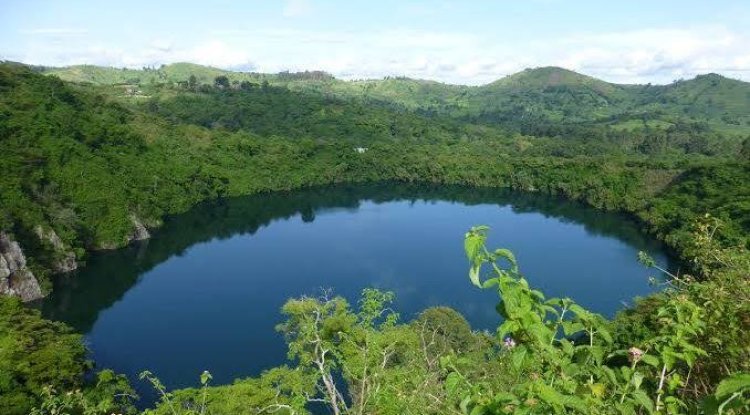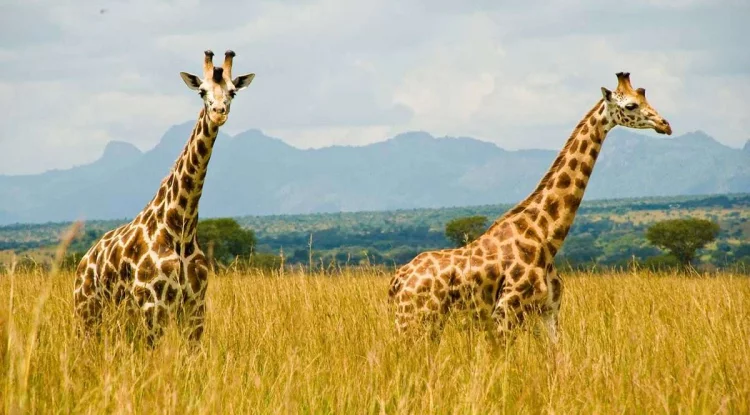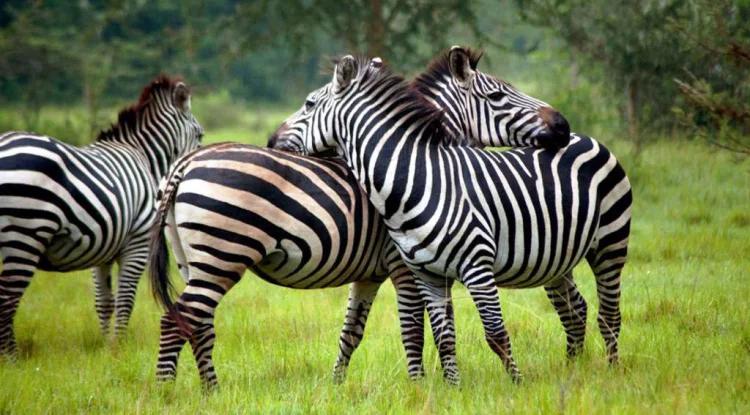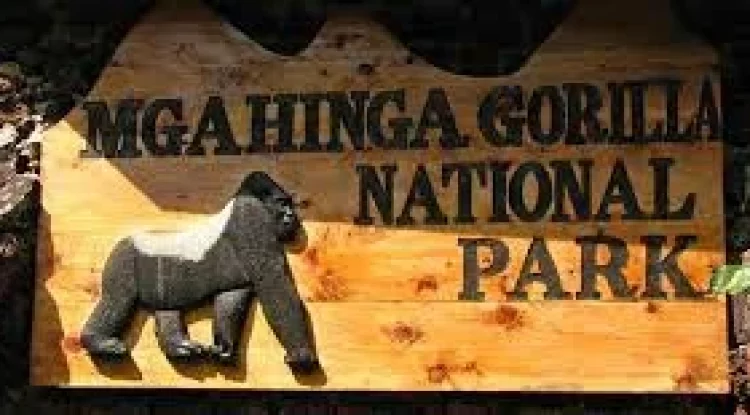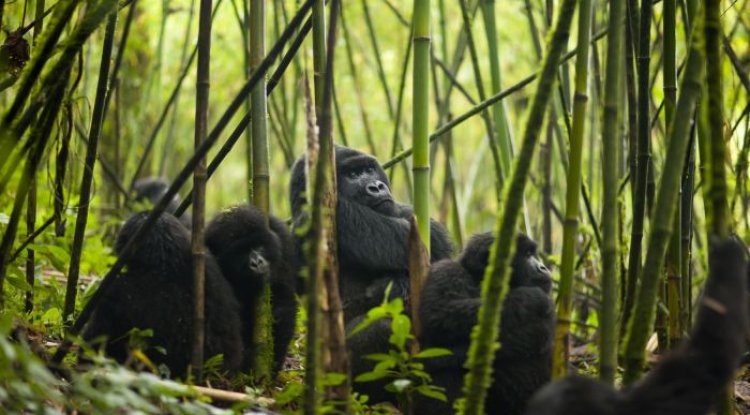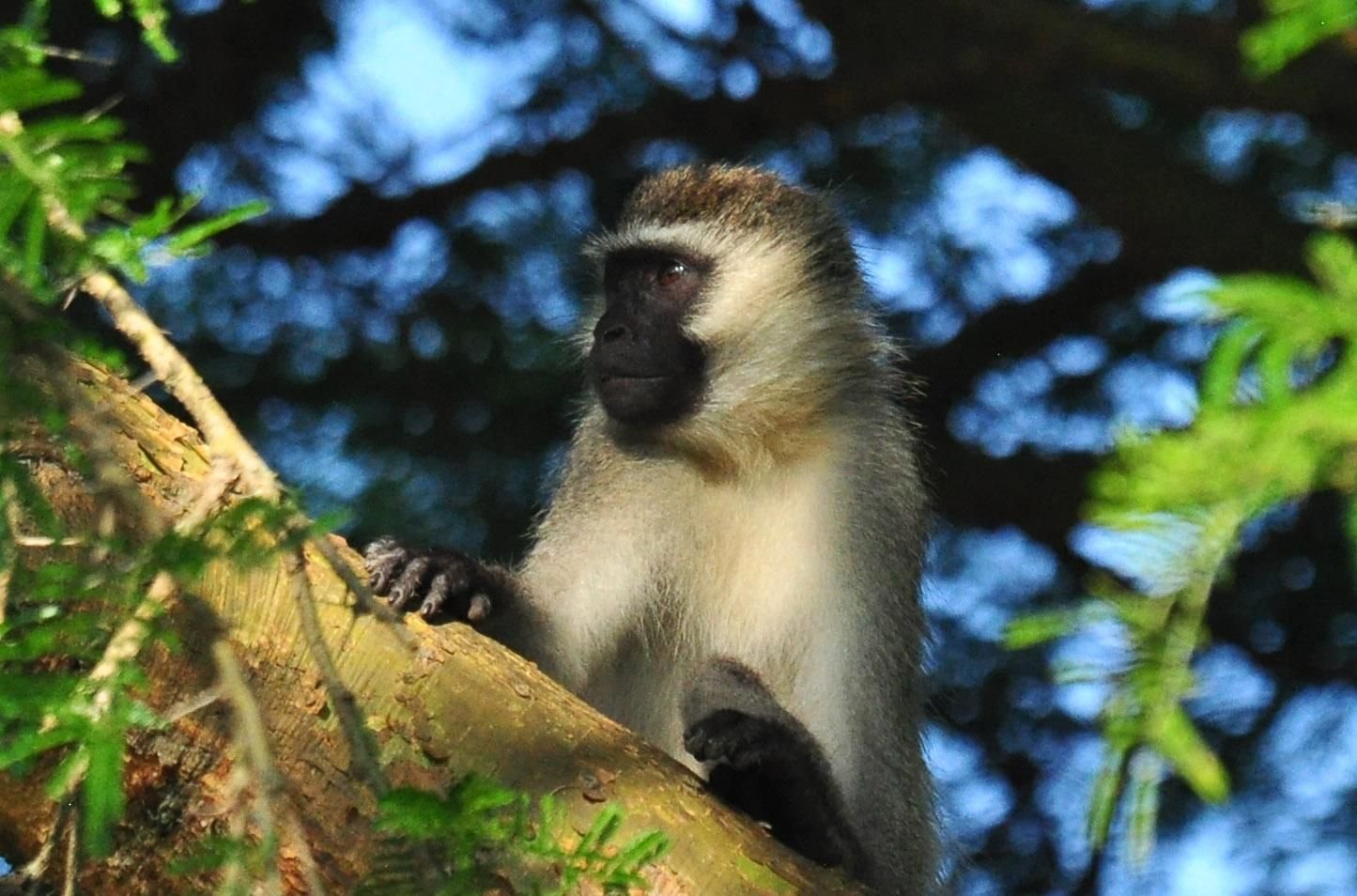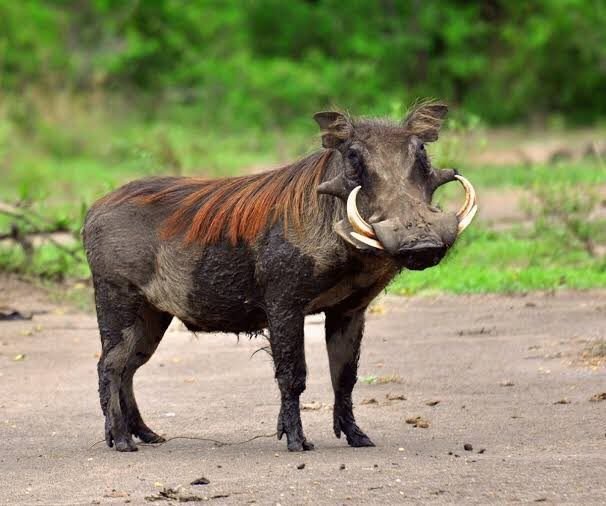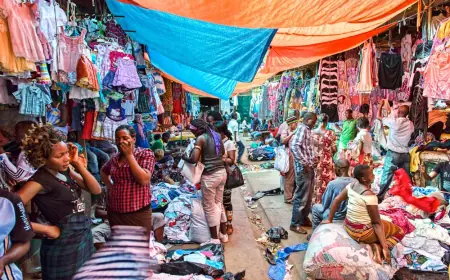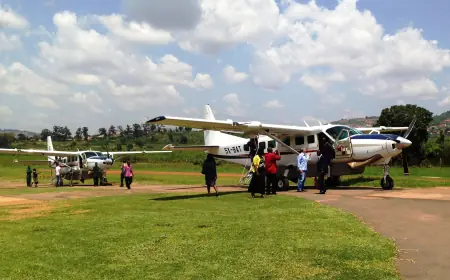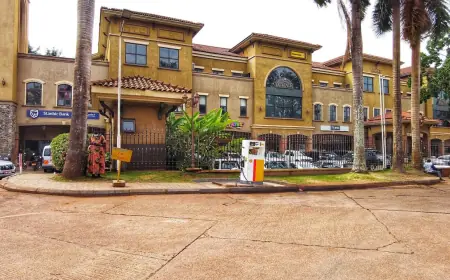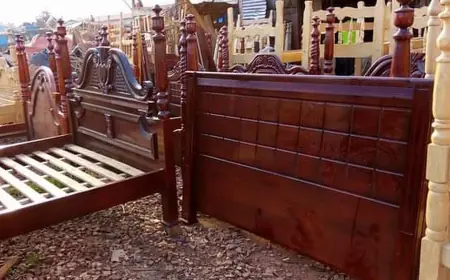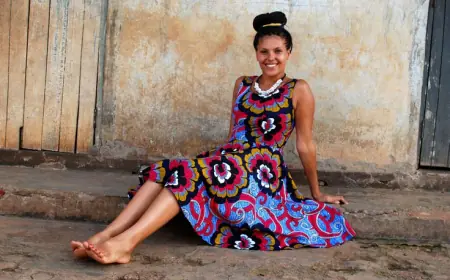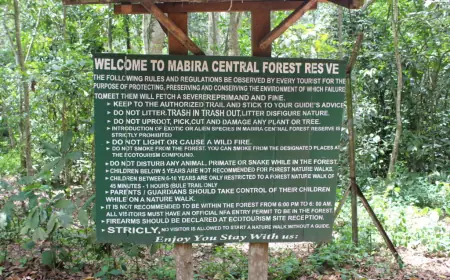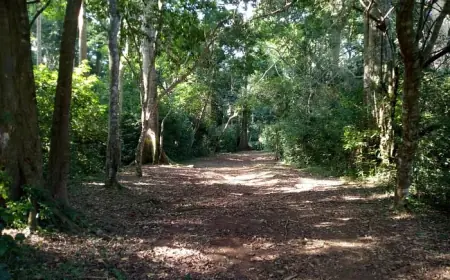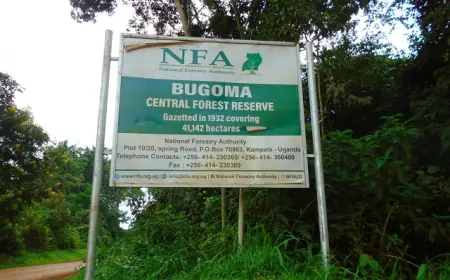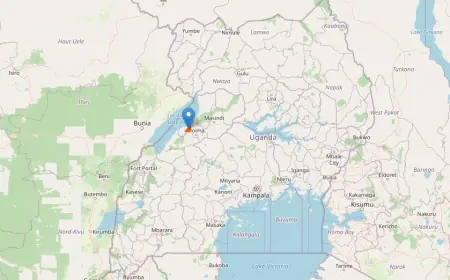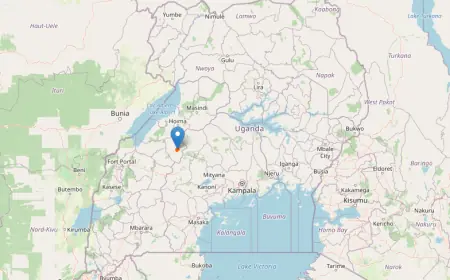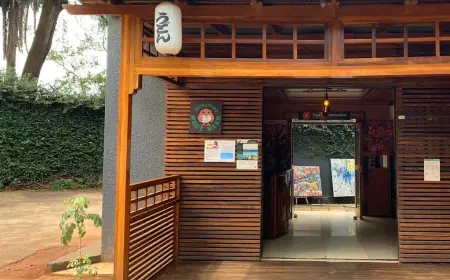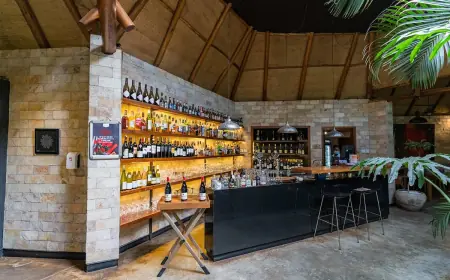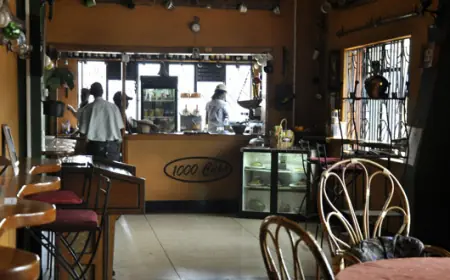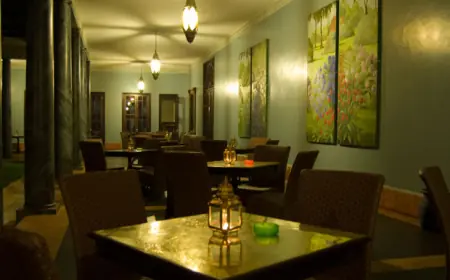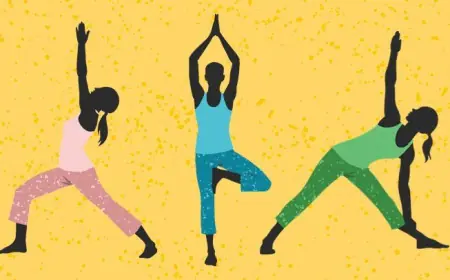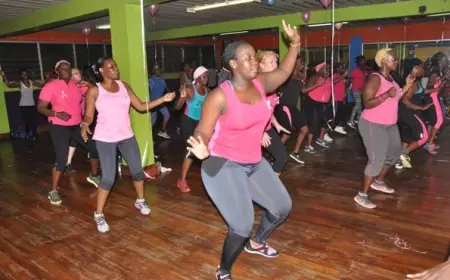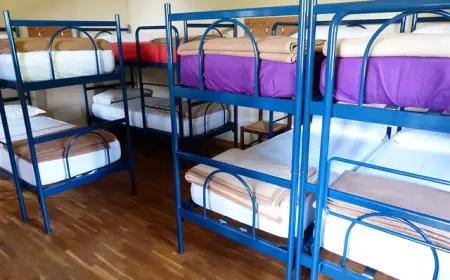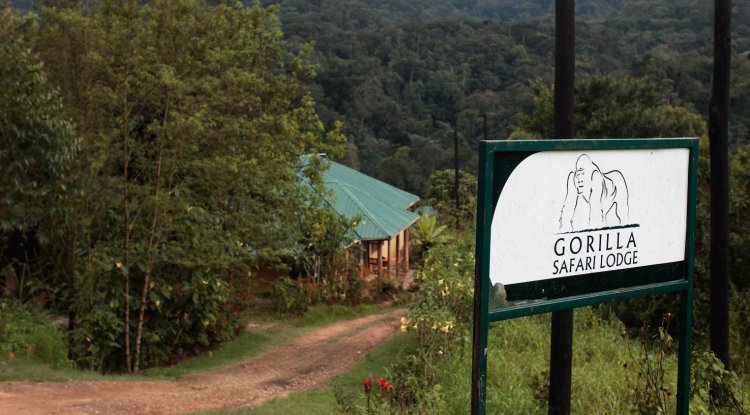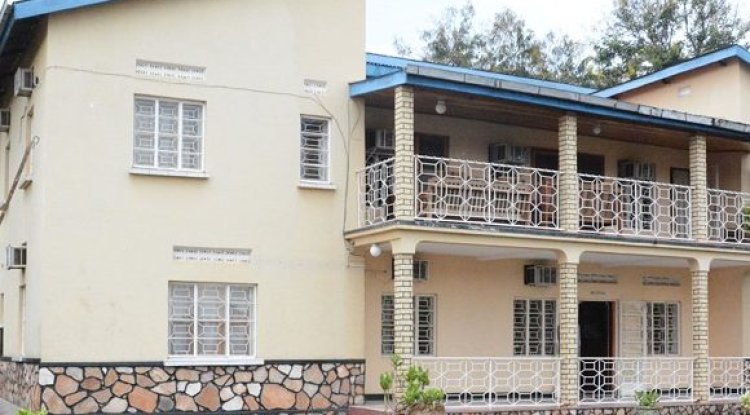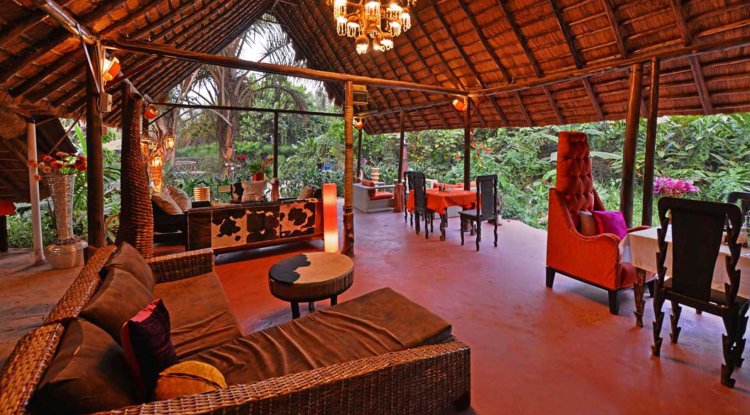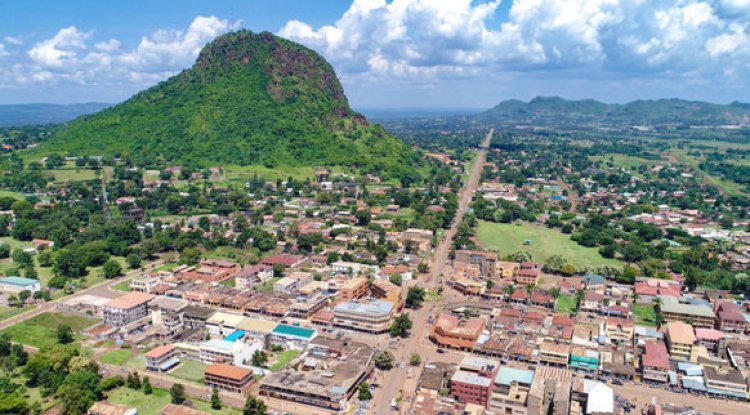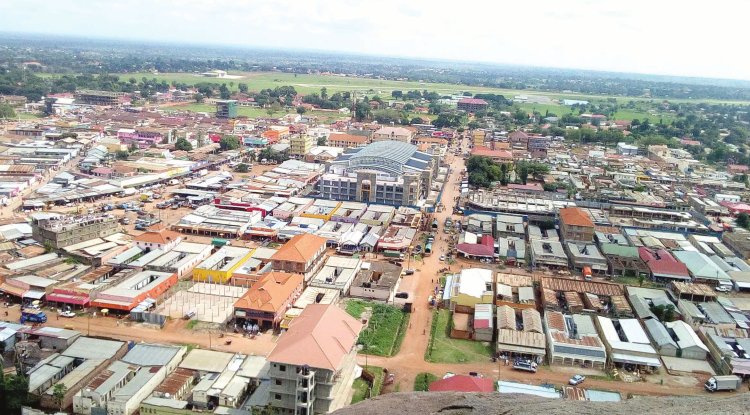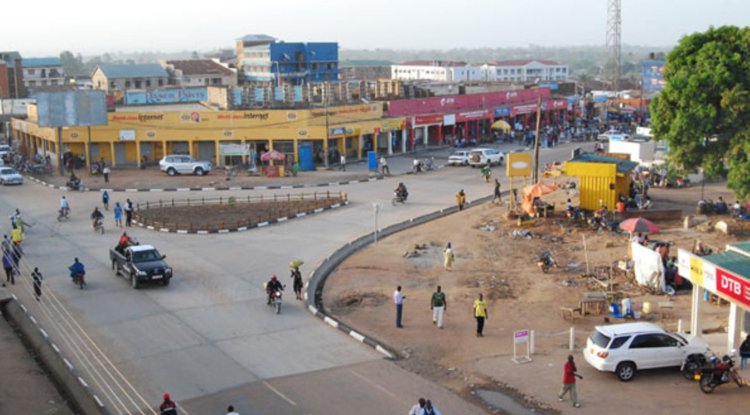Jinja City
Jinja is the second-largest town in Uganda. It is the second-busiest commercial center in the country, after Kampala. Jinja lies in southeastern Uganda, approximately 87 km by road, east of Kampala. The town is located on the shores of Lake Victoria, near the source of the Nile River. The nearby Owen Falls Dam regulates the flow of the White Nile and generates electricity. Jinja is the largest metropolitan area in Jinja District and is considered the capital of the Kingdom of Busoga.
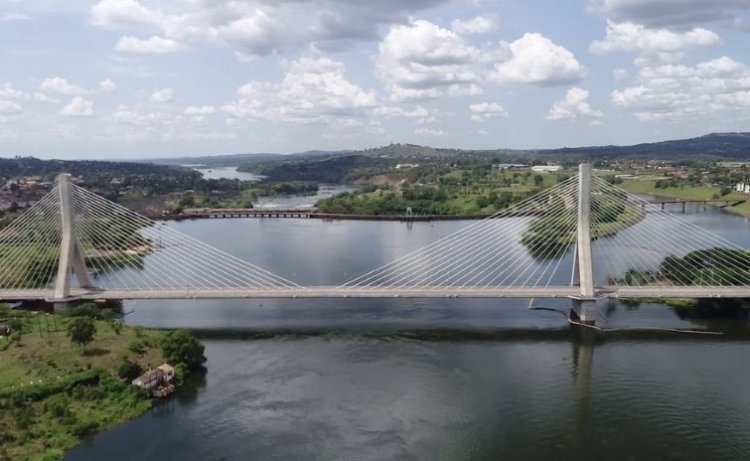
Location
Jinja is in Jinja District, Busoga sub-region, in the Eastern Region of Uganda. It is approximately 81 kilometers (50 mi) by road, east of Kampala, the capital and largest city of Uganda.
It sits along the northern shores of Lake Victoria, near the source of the White Nile. The city sits at an average elevation of 1,204 meters (3,950 feet) above sea level.
On July 1, 2020, the government of Uganda awarded city status to about half a dozen municipalities. Jinja was one of those localities. As part of the qualifications to become a city, Jinja expanded to include the former Jinja Municipality, Bugembe Town Council, Mafubira sub-county, and Budondo sub-county. The estimated population of the new city, as of October 2020, is about 300,000.
How did Jinja get its name?
In 1954, the construction of the Owen Falls Dam submerged Ripon Falls. Most of the "flat rocks" that gave the area its name disappeared under water as well. The local Baganda called the area "the stones," which is "Mayinja" in Luganda. The name "Jinja" is derived from this. A description of what the area looked like can be found in the notes of John Hanning Speke, the first European to lay eyes on the source of the Nile:
“Though beautiful, the scene was not exactly what I expected, for the broad surface of the lake was shut out from view by a spur of hill, and the falls, about twelve feet deep and four to five hundred feet broad, were broken by rocks; still, it was a sight that attracted one to it for hours. The roar of the waters, the thousands of passenger fish leaping at the falls with all their might, the fishermen coming out in boats and taking post on all the rocks with rod and hook, hippopotami and crocodiles lying sleepily on the water, the ferry at work above the falls, and cattle driven down to drink at the margin of the lake, made in all, with the pretty nature of the country—small grassy-topped hills, with trees in the intervening valleys and on the lower slopes—as interesting a picture as one could wish to see."
History
The city was founded in 1901 by British settlers. It was planned under colonial rule in 1948 by Ernst May, German architect and urban planner. May also designed the urban planning scheme for Kampala, creating what he called "neighborhood units." Estates were built for the ruling elite in many parts outside the center of the city. This led to the area's 'slum clearance' which displaced more than 1,000 residents in the 1950s.
Jinja was among the Ugandan cities affected by the Uganda–Tanzania War of 1978–1979. After the Fall of Kampala to the coalition of the Tanzania People's Defence Force (TPDF) and the Uganda National Liberation Army (UNLA), Ugandan President Idi Amin initially fled to Jinja. There, he attempted to rally remnants of the Uganda Army (UA). According to journalist Nelson Bwire Kapo, Amin even declared Jinja the new capital of Uganda but soon fled to Arua and, from there, into exile.Parts of the local UA garrison belonging to the Eagle Colonel Gaddafi Battalion remained, drunkenly harassing and murdering local civilians, but most soldiers gradually deserted and fled Jinja.The TPDF and their UNLA allies assaulted Jinja on April 22, 1979, occupying the city after encountering little resistance. The remaining UA troops mostly fled, and Jinja's civilian residents greeted the TPDF-UNLA force with cheers. The operation was accompanied by some looting in the city.Following the end of hostilities, Tanzanian officers reportedly used Jinja as a hub to transport stolen goods from Uganda to Mwanza, including cars, tons of coffee, large amounts of gasoline, and war materiel
Culture
Jinja District is part of the Busoga sub-region, which includes the districts listed below, and was home to an estimated 2.5 million people in 2002, according to the national census. The majority of the people in Jinja District belong to the Basoga ethnic group, and Lusoga is the most widely spoken language.
Busoga is a traditional Bantu kingdom in present-day Uganda. Busoga, literally translated to Land of the Soga, is the kingdom of the 11 principalities of the Basoga/Soga (singular Musoga) people. The term busoga also loosely refers to the area that is generally indigenous to Basoga. The kingdom’s capital is located in Bugembe, which is near Jinja, the second-largest city in Uganda. As of June 2007, Busoga Kingdom is composed of eight politically organized districts: Kamuli, Iganga, Bugiri,Mayuge, Jinja, and the newly created districts of Kaliro and Busiki (Luuka district). Each district is headed by democratically elected chairpersons, or Local Council Five, while municipalities are headed by an elected mayor. Jinja is the industrial and economic hub of Busoga.
Local attractions in Jinja
Jinja is commonly regarded as "the adventure capital of East Africa" due to the very many activities in town that one could engage in, especially for tourists.
Local attractions include white-water rafting, the "Source of the Nile," and bungee jumping. About 5 miles (8.0 km) north of Jinja is the Bujagali Power Station. The hydroelectric facility provides 250 megawatts of electric power.
Since 2015, the city has hosted the Nyege Nyege Festival, at Discovery Beach in the suburb of Njeru in Buikwe district, approximately 20 minutes from the Jinja Central Business District. It is East Africa's largest electronic music festival.
With other numerous adventure activities for tourists such as kayaking, watching games, traditional dances, sailing, native fights and tag of wars, horse riding, experience nightlife, bike riding, village walks, visit the museum, water rafting, visit Busoga Kingdom palace, camping, visiting the beaches, hiking mountains, fishing, food tasting, tubing the Nile, bungee jumping, sun bathing, trekking, swimming, water skiing, visiting forests, windsurfing, cabling, canoeing, cycling, tour sugarcane plantations and factories, visit Jinja city Port Pier, visit the source of the Nile, visit Makwanzi, Busowoko, and Itanda waterfalls.
Other points of interest in Jinja
Universities and colleges: Royal Academy of Art and Design,Eastern Campus of Makerere University, Jinja Campus of the Makerere University Business School, Jinja Campus of Busoga University, Jinja Campus of Kampala University, Nsaka University, Civil Service College University, International Institute of Health Sciences, Jinja Vocational Institute, YMCA College of Business, Nile Vocational Institute, JInja School of Nursing and Midwifery, Hotel and Tourism Training Institute, Civil Service College Uganda, Jinja School of Ophthalmic Clinical Officers, Medical Laboratory Technicians School, Jinja, Pasty Helm Memorial Vocational Training Center
Military colleges: Uganda Senior Command and Staff College, Uganda Junior Staff College, Uganda Non-Commissioned Officer Academy, and National Defense College Uganda
Secondary schools: Busoga College, Jinja College, Jinja Senior Secondary School, Kiira College Butiki, Wanyange Girls Secondary School, Amazima School, Holy Cross Schools, Kakira Secondary School, Lords Meade School, Nakanyonyi Girls School, Pilkington College Muguluka, St. James' Secondary School Jinja, and Bugembe Islamic Institute Secondary School.
Primary schools: Galaxy International School-Jinja Campus, Jinja Christian School, Jinja Montessori Pre School, Kiira International School, Kiira Primary School, Maggwa Crescent Primary School, Riverside Academy, Shilo Nile Star Nursery and Primary School, Spire Road Primary School, Victoria Nile Primary School, Vic View Primary School, Naranbhai Road Primary School
Defense: The Qaddafi Barracks, an institution of the Uganda People's Defence Force (UPDF).
Places of worship: Among the places of worship, there are predominantly Christian churches and temples: the Roman Catholic Diocese of Jinja (Catholic Church), the Church of Uganda (Anglican Communion), the Presbyterian Church in Uganda (World Communion of Reformed Churches), the Baptist Union of Uganda (Baptist World Alliance), and the Assemblies of God. There are also Muslim mosques.
Sports: Jinja has two major football teams, Bul FC and Gaddafi FC, both of whom play in the Ugandan Super League.
Transport
Jinja is a major station on the Uganda Railway and is a port for Lake Victoria ferries
Jinja Airport, a small civilian and military airport, is located at Kimaka, about 4 kilometers (2.5 mi) north of Jinja's central business district.
A bridge, known as the Source of the Nile Bridge, was built across the Nile, connecting the town of Njeru to Jinja. Construction started in 2013 and the completed structure was commissioned on 17 October 17, 2018
Accommodation in Jinja
The tourism sector of Jinja city is booming with numerous hotels, guesthouses, resorts, pavilions, restaurants, bars, coffee shops, night dance clubs, theaters, golf courses, illuminations, amusement centers, zoos, bathing pools, sliding centers, casinos, cinemas, and recreational centers, with many more opening up in the city.
What's Your Reaction?
 Like
1
Like
1
 Dislike
0
Dislike
0
 Love
0
Love
0
 Funny
0
Funny
0
 Angry
0
Angry
0
 Sad
0
Sad
0
 Wow
0
Wow
0
